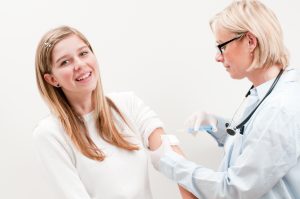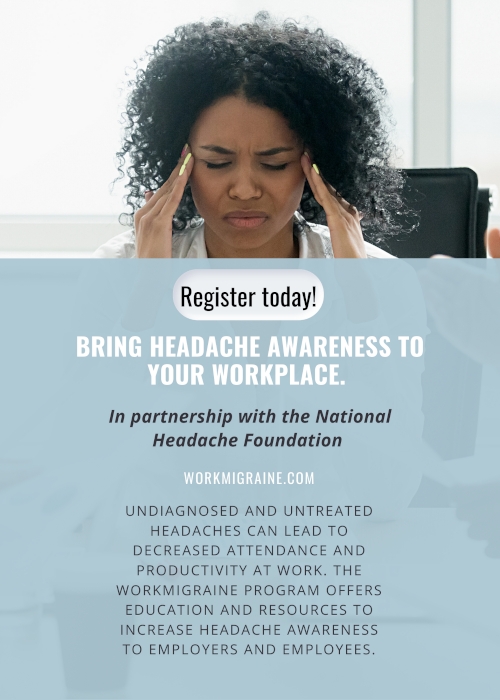Cervical Cancer is Preventable
January is Cervical Health Awareness month to raise awareness about HPV vaccination and prevent cervical cancer. Currently, 13,000 women in America have cervical cancer. Millions more have the HPV virus, which is the most common cause of cervical cancer. The critical thing to note this month is that deaths due to cervical cancer are preventable.

What is HPV?
Human Papillomavirus Infection, commonly referred to as HPV, is a prevalent virus. Nearly 80 million people in the United States are infected. This virus can be spread through sexual activity. Since many who are infected never exhibit any symptoms, it can be easily spread without realizing. This is why regular exams are so important.
Mild cases of HPV can produce genital warts, while extreme cases can lead to Cervical Cancer. There is no treatment available for HPV, which is why the vaccine is so important. Prevention is possible.

The HPV Vaccine
Doctors recommend that both boys and girls receive the HPV vaccine beginning at age 11 or 12. Receiving the vaccine at such an early age ensures a better and stronger immune response. Usually, only 2 doses are necessary for children under age 15. In adulthood, it may take up to 3 doses of the vaccine to achieve the same result. Individuals can receive the vaccine through age 45.
Beginning at age 21, women should receive a pap screening every year. Women over 30 should receive both a pap test and HPV test regularly. Most insurance plans cover cervical cancer screenings, so all preventative care should come at no additional cost to the patient. This makes it even easier to prevent Cervical Cancer.

Early Detection is Key
Regular cervical screenings can detect any abnormal changes in cells before they become cancerous. So even though there is no treatment, prevention is very simple. It’s simple because all it takes is to keep up with your regular well check-ups.
Help us spread the word and promote awareness about Cervical Cancer prevention. The tragedy of deaths by Cervical Cancer can be prevented with regular screenings and follow up care. Visit our Wellness Observance Calendar for resources and information to help us spread awareness.

